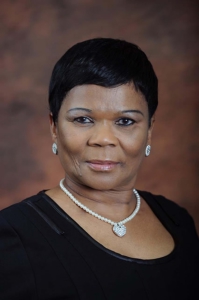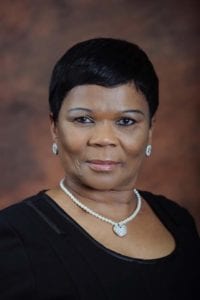
Deputy Minister of Water and Sanitation Pamela Tshwete
Deputy Minister of Water and Sanitation (DWS), Pamela Tshwete signed the agreement with Cuba’s Institute of National Hydraulic Resources (INHR) during the 3rd RSA-Cuba Joint Steering Committee meeting held Pretoria recently.
The agreement, which has been active for the past 18 months, makes provision for the DWS and the INHR to cooperate in the areas of geo-hydrology and engineering services in rural and other disadvantaged areas, where such services are inadequate.
The two countries also approved to extend the contracts of the 35 Cuban engineers stationed in all nine provinces to June 2018, in order to share more knowledge with their South African counterparts.
Empowering future engineers
Deputy Minister Tshwete said the extension of the cooperation agreement between the two countries is a step in the right direction for South Africa, as it will empower future engineers with much needed skills to help address the country’s water challenges.
“We want to acquire as much skills as possible, and Cubans are the best teachers in the field. We want to capacitate our engineers so that they can help the country address its own water challenges, particularly now that old engineers are leaving the field,” Tshwete said.
She added that South Africa will forever be grateful to Cubans for their generosity in sharing their knowledge and skills in the health, as well as the water sector.
INRH First Vice President, Bladimir Matos Moya said they are determined to assist South Africa in improving water supplies.
He said Cubans have directed South Africa to identify its specific training needs so that those can be attended to as a matter of urgency.
Recognising Cuban engineers
The Engineering Council of South Africa (ECSA) has also committed to speedily processing requests from Cuban engineers to be recognised as professional specialists.
Currently, ESCA does not recognise the Cubans’ qualifications and the type of work they are doing in the country because they are not registered with them.








